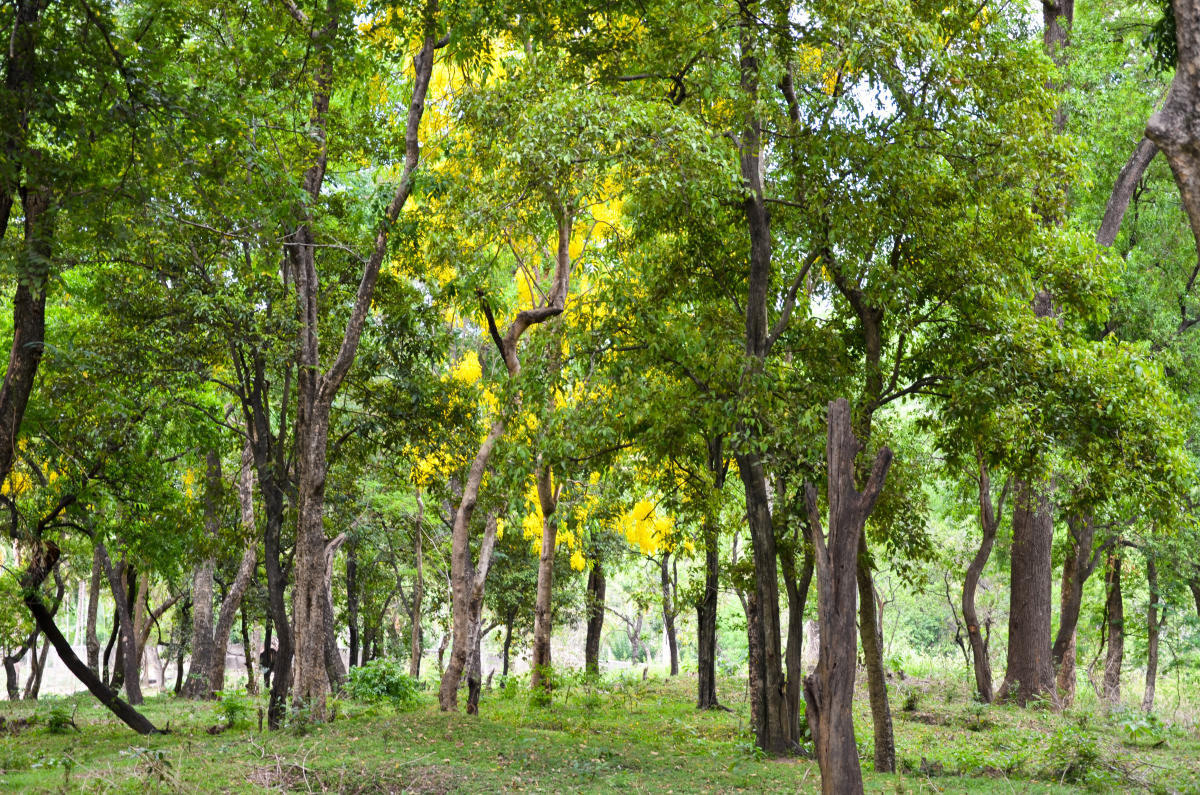Is India’s biodiversity being used without giving locals anything back? India is a country with a great deal of trees and biodiversity, and there are several different species of trees here. But with time, we observe several instances of misusing biodiversity, illicit sandalwood trafficking, improper maintenance of the trees, excessive tree usage, and sparse plantations that do not adhere to regulatory guidelines.
The large number of approvals are advantageous because it shows that access controlled, that people’s rights have been protected, and that future benefits will probably be distributed. However, the rise is also a sign that India’s biodiversity is in demand; if tight regulations are not put in place, it might all be gone. Of the 1,987 permissions, 243 were for the acquisition of intellectual property rights over them, while 1,686 were for access to bio resources for research or commercial reasons. Since 2006, the national body has authorized 3,539 access requests.
The National Green Tribunal issued an order requiring states to achieve the goals by January 31, 2020 after receiving a petition highlighting the lack of basic infrastructure at the local level across the nation. The BMCs (Biodiversity Management Committees (BMC) As per the Biological Diversity Act 2002, BMCs are created for “promoting conservation, sustainable use and documentation of biological diversity” by local bodies across the country) were bewildered about what they were meant to do because to the epidemic on the ground, and in many cases, the community was not even aware that this body existed even in 2022.
According to a statement the original Act required prior approval from the National Biodiversity Authority for certain categories of people/corporate bodies to access biological resources, including individuals who are not citizens of India and bodies that are not registered or incorporated in India, or essentially any type of “foreign presence.” However, the change limits this to “foreign-controlled companies” that are established outside of India, therefore no firm established or registered in India is needed to seek the National Biodiversity Authority’s permission.
Over exploitation happens when organizations or researchers utilize indigenous biological resources for commercial reasons without authorization or government approval, frequently based on people’s traditional knowledge. As a result, the cultures from which the bio resources are derived are exploited. Attempts by foreign businesses to seek patents on goods that have been used for a long time in India, such neem, Basmati rice, turmeric, and Darjeeling tea, are examples.
READ MORE HERE…
- जब चाँद होगा लाल: रहस्य, विज्ञान और अंधविश्वास का सच (ब्लड मून 2025)

- How One Scientist’s Radioactive Discoveries Sparked a Double Nobel Triumph

- IIT Delhi’s Rural Technologies Going Intercontinental
